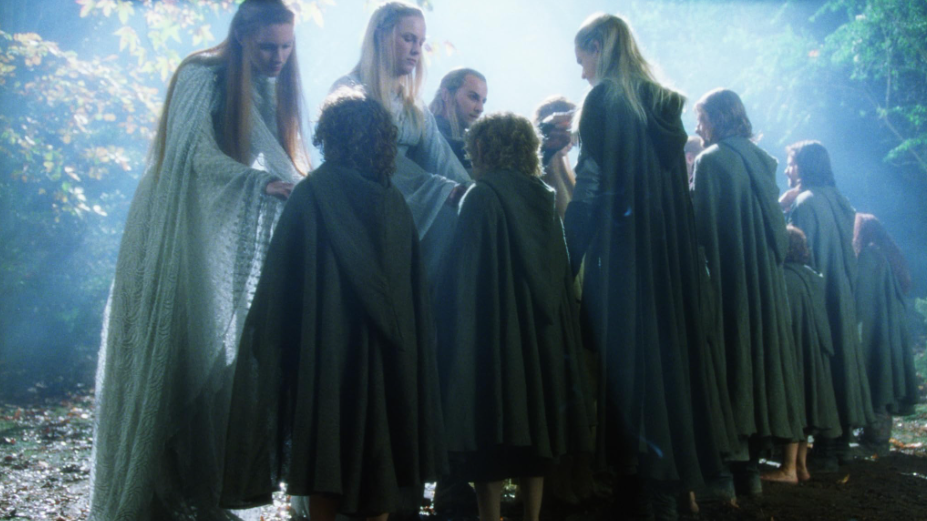When I was born, my dad called my grandma to tell her the news. She replied, “Oh, don’t worry, you’ll get a boy next time.”
I am my dad’s second daughter and last child.
After my dad got off the phone with his mom, he went to a store in the hospital and bought a small, orange stuffed toy kitten, which I still treasure deeply, and proceeded to be the most fair and kind father anyone could wish for.
I was told this account when I was much older and able to process the incident in context. The point of this story is not that my grandmother was being cruel or that my dad was dealt a misfortune when his wife gave birth to another baby girl rather than a boy. The point is that my grandma’s mindset was most likely passed on to her through the cultural environment in which she, and later my dad, grew up.
My dad was born into a Hispanic family in South Texas. He was one of three brothers who grew up barefoot, in the dirt, doing stereotypical “manly” activities. The subconscious yet inevitable machismo of the Hispanic culture was no doubt present in my dad’s childhood, adolescence and adulthood. And yet, now turning 54-years-old this year, he hasn’t allowed the male superiority associated with his culture — my culture — affect how he raised me and my sister.
It’s a bit difficult to explain the concept of feminism to men and women for this reason. As they develop their own beliefs and views on the world, there might not be examples of gender equality and egalitarian relationships in sight.
Fixed ideas of how men and women should act are already deeply entrenched in their minds. So when someone attempts to explain to them that there are women on this planet who choose careers over families or their original last names over their husband’s, their first instinct may be to declare these women unnatural. The conversation about any movement that supports these “unconventional” females’ ideology is at times stopped before it starts.
The best way to combat this is to inform, and try to be understanding. As the saying goes, “You are a product of your upbringing” — no one can blame a person for how the point of view they were taught affects how they treat people. What causes trouble is when that person refuses to learn about how those different than them live and view the world.
Something feminism desperately needs is male participation. Feminism is about counteracting gender expectations, which, contrary to popular belief, applies to men too. Men are also victims of the stereotypes and preconceived notions they’re born into. My dad could have resented the two daughters that were born into his family because of how important it was in his culture to have boys, but he didn’t. He exposed himself to a wider range of people and broadened his horizons.
There are ways male students on this campus can get involved and learn about how other people think — about feminism and why it’s important. Hopefully when these men are in the hospital themselves one day welcoming a child into the world, they’ll have a much fairer perspective to pass on to their kids.
Katie Canales is a university studies junior and life & arts
editor for The Battalion.
Break the chain: Feminism movement requires looking beyond cultural stigmas
September 1, 2015
0
Donate to The Battalion
Your donation will support the student journalists of Texas A&M University - College Station. Your contribution will allow us to purchase equipment and cover our annual website hosting costs.
More to Discover








